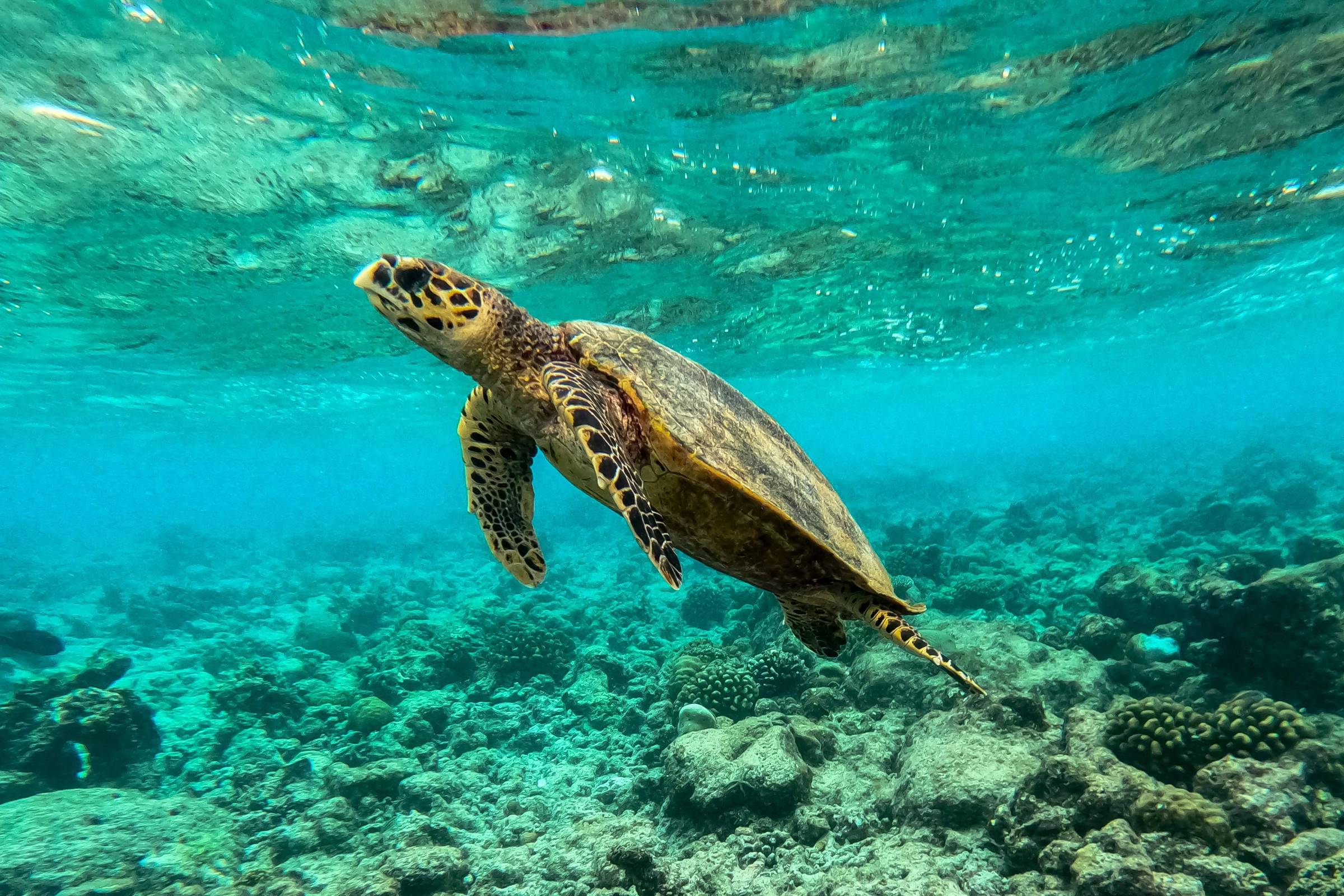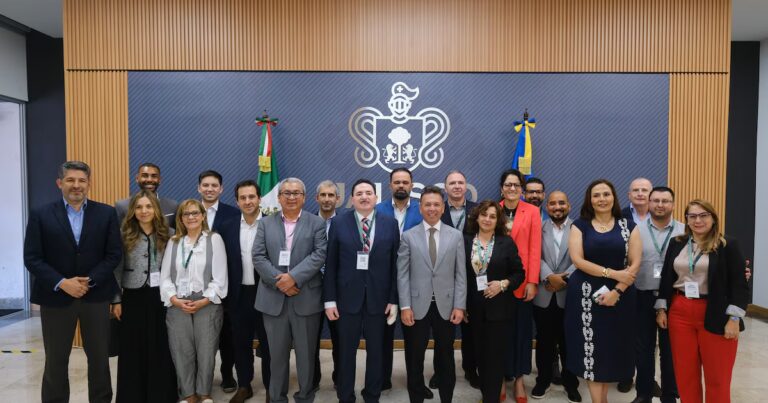
We are receiving increasingly alarming diagnoses about the health of our oceans. Responsible for absorbing more than 90% of excess heat and around a quarter of the world’s CO₂ emissions, the ocean is one of our greatest allies in the fight against climate change. And recently, new warnings indicate the scale of the crisis. Ocean acidification is the seventh of nine planetary limits already exceeded by global warming, according to a report by the Potsdam Institute for Climate Impact Research (PIK).
Since the beginning of the industrial era, the pH of ocean surfaces has decreased, becoming 30% to 40% more acidic. These changes endanger marine ecosystems from end to end, threatening biodiversity and the entire food chain, and directly impacting human well-being. The main causes are fossil fuel combustion, deforestation and predatory land use.
This is just one of the pressures on the oceans, which also face plastic pollution, overfishing, habitat destruction, and other current and future threats. All this reinforces the urgency of putting marine and coastal ecosystems at the center of discussions at COP30, which begins this Monday (10th) and runs until 21 November in Belém. This meeting promises to be decisive given the severity of the climate crisis, and it must be a COP of implementation.
The good news is that the path is already open for you to follow them and face this negative and dangerous situation. In recent months, discussions have been underway about lasting solutions with tangible results, from mangrove restoration to ocean planning, that can and should serve as an example for countries everywhere on the planet to emulate.
Many of them will be presented in Belem within the Solutions Acceleration Plan for Goal #7 (“Efforts to restore and protect coastal ecosystems and oceans”), which is being developed in the context of the COP30 Action Agenda.
In recent months, authorities and experts around the world have also stepped up discussions about actions to protect the marine environment. In June, the Blue NDC Challenge (Nationally Determined Contribution), led by Brazil and France, was launched and is expected to include solutions to the climate crisis based on ocean and coastal ecosystems, such as mangrove restoration and coast and ocean planning, in national climate goals. Several countries have already joined, including Australia, Fiji, Kenya, Mexico, Palau and Seychelles. The goal is for more countries to do the same.
It is important to emphasize that such measures are sufficient to protect the environment and not only combat global warming, but also protect it. But it also takes into account all the economic and social possibilities that the ocean offers, which are also essential for human well-being as a protagonist.
Currently, Brazil is expected to lead a “blue turn” at COP30. The ocean must occupy an important space in the climate change debate, alongside topics such as forests and the energy transition. They deserve an important role and must remain, but the ocean is on their side.
The proposals for a Global Ocean Initiative call for governments, scientists, young people, traditional peoples and communities, the private sector and civil society to act together in a collaborative and inclusive approach.
Again, effective solutions for protecting and restoring marine biomes are already in place. There is no need to “invent the wheel” again. Of course, it is not an easy task because there are many different interests. But with political will from all sectors involved, we can get there.
Trends/Discussions
Articles published with signatures do not reflect the opinion of the newspaper company. The aim of this publication is to stimulate debate on Brazilian and world issues and to reflect different trends in contemporary thought.



